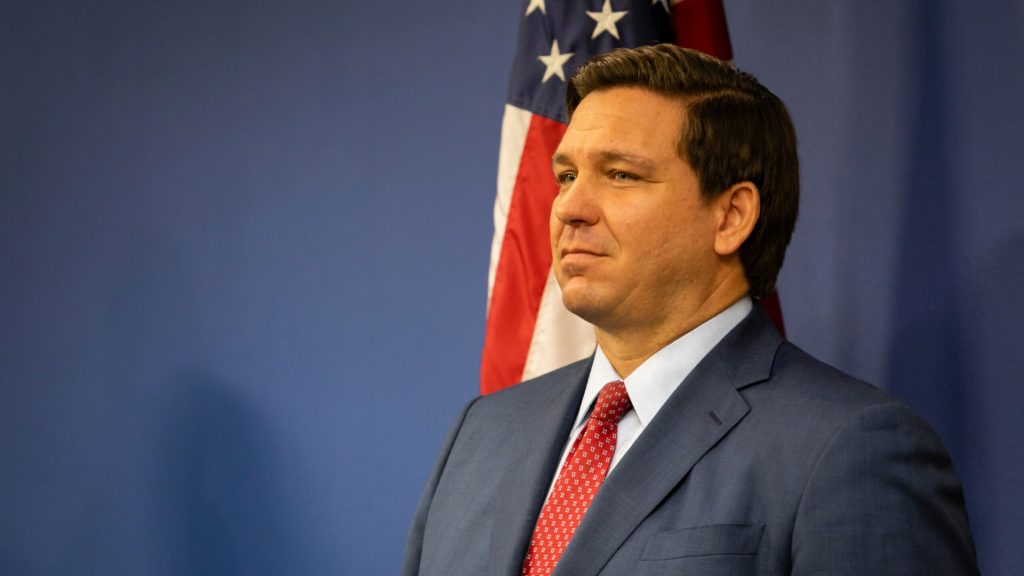Judge Blocks Florida’s Stop WOKE Act
A federal judge just blocked Florida from enforcing a major portion of their controversial Stop WOKE Act targeting racial discussions.

Florida has been praised and ridiculed for its sweeping legislation passed within the past year that targets schools and how educators can teach. One such law, best known as the Stop WOKE Act, prohibited critical race theory in schools. However, after recently taking effect as a new school year begins in the Sunshine State, the controversial law has already been blocked in some aspects by a federal judge.
Last Thursday, August 18th, Chief U.S. District Judge Mark Walker granted a temporary injunction prohibiting the Stop WOKE Act from being enforced. Within his 44-page reasoning for restricting the new law that Florida’s Republican Gov. Ron DeSantis championed, he berated the legislation, saying it was “bordering on unintelligible” as he ruled it unconstitutional for violating First Amendment rights. Applauded as a triumph by the groups seeking the lawsuit against the state, DeSantis’ administration is likely to fight and appeal the ruling.
Last April, DeSantis signed the Stop Woke Act into law. Taking aim at schools and the workplace, it was touted as anti-discrimination legislation. Critical race theory already was banned from classrooms in the state. However, the new law further prohibited racial discussions, prohibiting teachers from using any lessons that might lay blame or guilt on students because of their race.
After its passage, a group of Florida businesses banned together to challenge the Stop WOKE Act in court. Represented by attorneys backed by Protect Democracy and the law firm Ropes & Gray, the group contended that in following the ambiguous new law, employers were being censored from discussing “important social matters” and related ideas that could help improve the workplace. Because this lawsuit specifically deals with the employer aspect of the new law, it will only bar it from affecting the workplace, for now.
While this lawsuit was being shaped, a similar one targeting the educational aspect of the Stop WOKE Act was also planned. Arguing under the same terms, the lawsuit that was heard earlier by Judge Walker argued that the law prohibited free speech in schools. Brought out by a group of teachers, one student, and a diversity consultant, Walker denied the group’s preliminary injunction. In making this decision, Walker noted that the group had not depicted any injury-related proof that the law would place on them. Still, the group has another chance in court, as the judge approved a jury trial which will be held sometime this coming April.
In his ruling, the state’s Attorney General Ashley Moody and the Florida Commission on Human Relations were instructed not to enforce the new legislation going forward. Being that the injunction blocking the Stop Woke Act is only temporary with a permanent decision looming, Walker asserted, “If Florida truly believes we live in a post-racial society, then let it makes its case.” And a case is surely coming, as DeSantis’ administration is not likely to stand idly by and let the law be forever rejected.

For now, Florida schools will remain obligated by state law to enforce the Stop WOKE Act, whether educators agree with the legislation or not. However, the ACLU, ACLU of Florida, and Legal Defense Fund filed another federal lawsuit challenging the law last week on behalf of students and teachers. It may still be law in education but with multiple legal battles challenging it, the Stop WOKE Act has a long, contentious road ahead.







